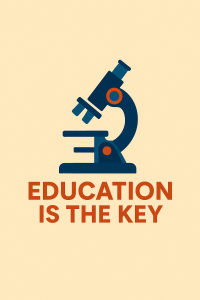
Science Laboratory Technology is a practical-oriented course that equips learners with the knowledge and technical skills required to perform scientific analyses and experiments in laboratories. It integrates principles from biology, chemistry, physics, and applied sciences to prepare students for roles in research, quality control, and industrial laboratories.
General Learning Outcomes
By the end of the course, learners should be able to:
-
Apply scientific principles in laboratory experiments and analyses.
-
Operate and maintain laboratory instruments effectively.
-
Adhere to laboratory safety standards and ethical practices.
-
Record, interpret, and present experimental data accurately.
-
Demonstrate professionalism and teamwork in laboratory settings.
1. Chemistry Laboratory Technology
Learning Outcomes:
-
Prepare, analyze, and standardize chemical solutions.
-
Conduct qualitative and quantitative chemical tests.
-
Apply analytical techniques to determine the composition of substances.
2. Biology and Microbiology Laboratory Technology
Learning Outcomes:
-
Prepare and examine biological specimens under the microscope.
-
Culture and identify microorganisms using aseptic techniques.
-
Apply biological methods to environmental and health-related studies.
3. Physics and Instrumentation Laboratory Technology
Learning Outcomes:
-
Operate scientific and electronic instruments safely and accurately.
-
Apply physical principles in laboratory measurements and experiments.
-
Troubleshoot and maintain basic laboratory equipment.
4. Laboratory Management and Safety
Learning Outcomes:
-
Implement laboratory safety procedures and waste management practices.
-
Maintain laboratory records and inventory systems.
-
Apply quality control and assurance standards in laboratory operations.
- Teacher: Admin User
